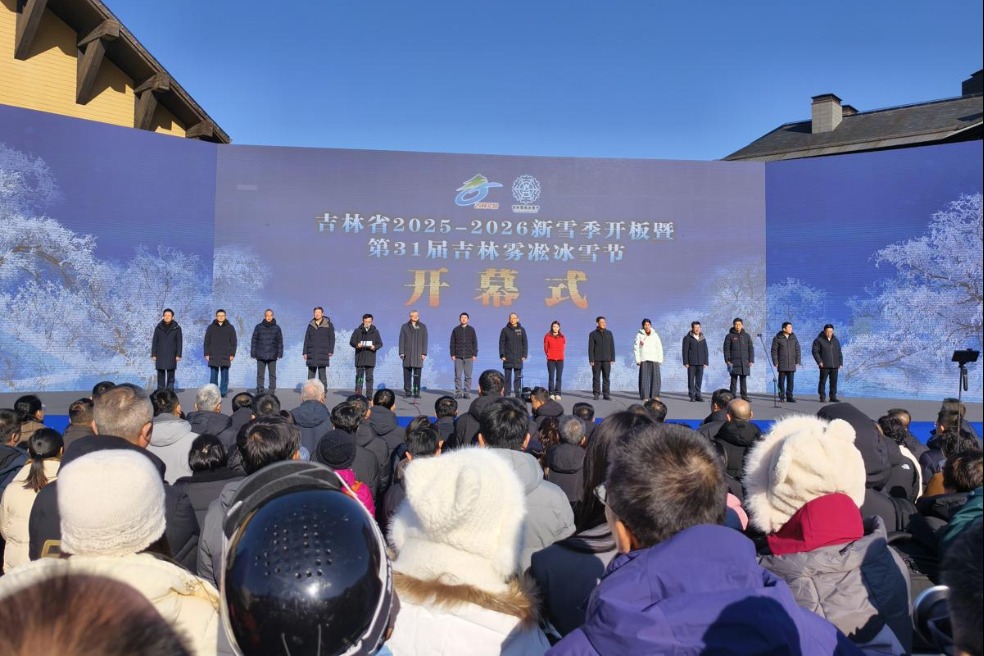University launches new AI department to align with national priorities


Industry leaders say the launch comes at a pivotal moment. Ren Pingping, vice-president of iFlytek Co, said AI has moved rapidly "from technological exploration to widespread application", with China's generative AI user base surpassing 500 million as of June. This surge, she noted, is reshaping production systems, service models and educational approaches.
Citing World Economic Forum projections that AI will displace 9 million jobs and create 11 million new ones by 2025, Ren stressed the need for graduates who understand both technological systems and social dynamics.
She said UIBE's cross-disciplinary model — with its emphasis on trustworthy, controllable and explainable AI — offers strong foundations for joint research, talent training and scenario-based experimentation. iFlytek, she added, looks forward to deepening cooperation with the new school.
UIBE's upgrade reflects a broader nationwide shift. As demand for high-level AI talent grows, Chinese universities have significantly expanded their AI programs. Since the University of the Chinese Academy of Sciences established the country's first AI school in 2017, the pace has accelerated.
In 2024 alone, more than a dozen major institutions — including Tsinghua University, Harbin Institute of Technology, the University of Science and Technology of China and Wuhan University — have created or restructured AI schools.
More than 70 universities nationwide now host dedicated AI colleges, highlighting the rapid expansion of China's AI education landscape.
- University launches new AI department to align with national priorities
- Jilin kicks off 2025-26 snow season with grand opening event
- China hails 'hard-won' COP30 Global Mutirao decision
- China-SA science exhibition showcases innovation, cultural exchange
- China opens draft regulations on data protection to public consultation
- Veteran French physicist elected to Chinese Academy of Sciences




































